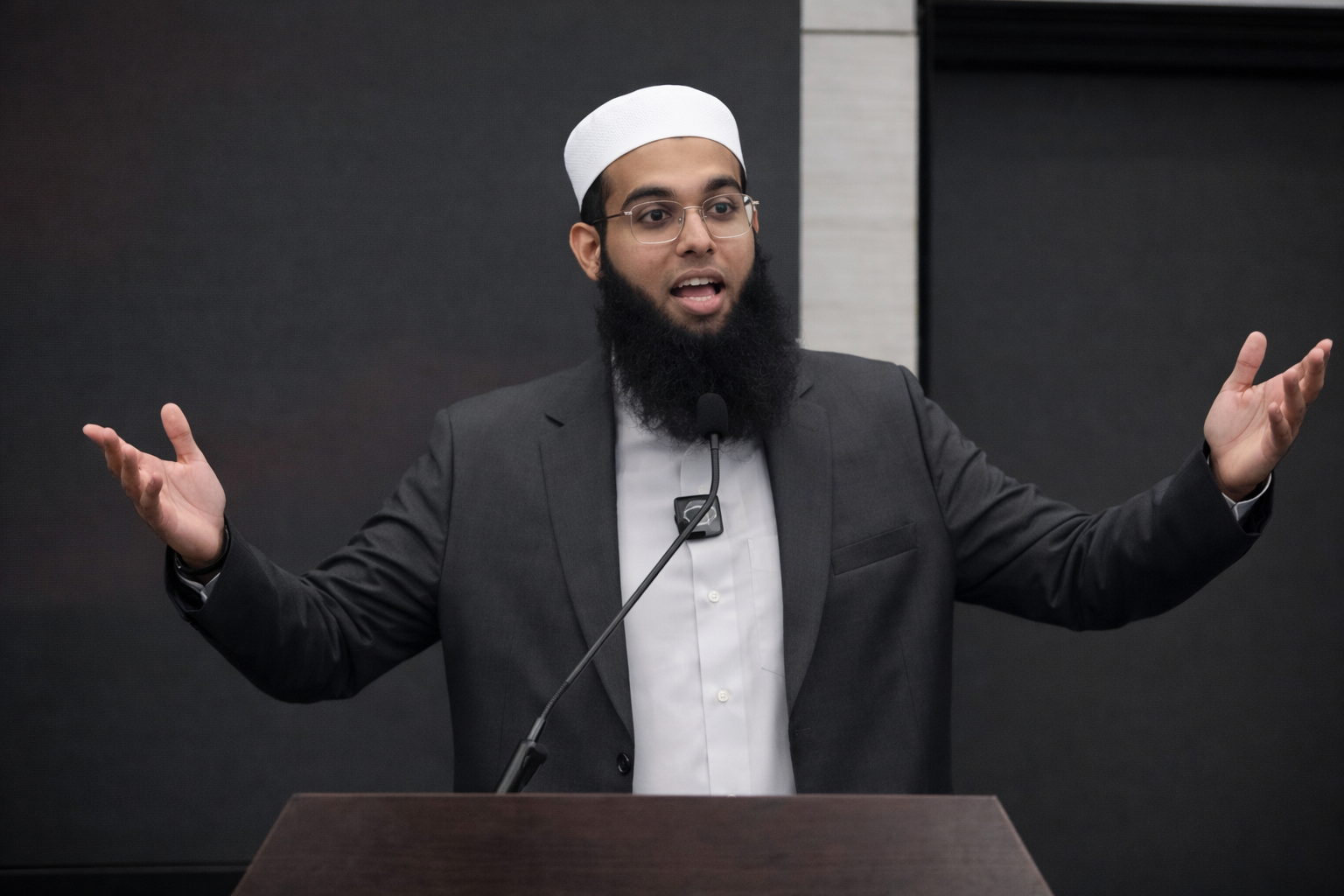It is a Sunnah to marry off a daughter with her consent in English. This topic appears to relate to Islamic teachings and practices concerning marriage, specifically the importance of a woman’s consent in the process of nikah (Islamic marriage). Given the cultural and religious significance, I will provide a detailed explanation based on Islamic principles, traditions, and scholarly perspectives, aiming to reach approximately 1200 words. If you intended something different, please clarify, and I can adjust accordingly.
The Significance of Consent in Marriage: A Sunnah in Islam
In Islam, marriage (nikah) is considered a sacred contract and a highly recommended act, often described as half of a Muslim’s faith. The Prophet Muhammad (peace be upon him) emphasized the importance of marriage, stating, “Whoever dislikes my Sunnah is not of me” (Sahih Bukhari). Among the many aspects of this Sunnah, the consent of the bride—particularly in the case of a daughter—holds a central place. The phrase “Beti Ka Nikah Ijazat Se Karna Sunnat Hai” reflects a fundamental teaching derived from the Quran, Hadith, and the practices of the Prophet (peace be upon him), underscoring that a daughter’s agreement is not just a preference but a religious obligation.
Quranic Foundation
The Quran lays the groundwork for the importance of consent in marriage. In Surah An-Nisa (4:19), Allah says, “And live with them in kindness. For if you dislike them – perhaps you dislike a thing and Allah makes therein much good.” This verse encourages mutual respect and kindness in marital relationships, implying that coercion has no place in a union meant to be based on love and compassion. Furthermore, Surah An-Nisa (4:6) instructs guardians to test the maturity and readiness of orphans before marrying them off, suggesting that the individual’s readiness and willingness are key considerations. While this verse specifically addresses orphans, the principle extends to all marriages, emphasizing the need for informed consent.
Another relevant verse is Surah Al-Baqarah (2:232), which advises against putting pressure on women to return to their former husbands after a divorce, highlighting the importance of their free will. Scholars interpret this as a broader indication that no one should be forced into a marriage against their will. These Quranic injunctions establish a framework where mutual agreement is a cornerstone of a valid Islamic marriage.
Hadith Evidence
The Sunnah of the Prophet Muhammad (peace be upon him) provides clear evidence that a woman’s consent is mandatory. One of the most cited hadiths is narrated by Abu Hurairah, where a woman came to the Prophet (peace be upon him) and said, “My father has given me in marriage to my cousin against my will.” The Prophet (peace be upon him) gave her the choice to either accept the marriage or annul it. She chose to uphold the marriage, saying she only wanted to inform women of their rights (Sahih Bukhari, Sahih Muslim). This incident underscores that even if a guardian arranges a marriage, the bride’s consent is essential, and she retains the right to reject it.
Another hadith narrated by Ibn Abbas states that the Prophet (peace be upon him) said, “A matron should not be given in marriage except after consulting her; and a virgin should not be given in marriage except after her permission.” The companions asked, “O Messenger of Allah, how can her permission be known?” He replied, “Her silence (is her permission)” (Sahih Bukhari, Sahih Muslim). This hadith clarifies that a virgin’s silence is taken as consent, but it also implies that active coercion is prohibited. If a daughter expresses disapproval, her silence cannot be construed as agreement.
The case of Khansa bint Khidam is another example. She was given in marriage by her father without her consent. When she complained to the Prophet (peace be upon him), he annulled the marriage, reinforcing that a woman’s approval is a non-negotiable condition (Sunan An-Nasa’i). These narrations collectively establish that “Beti Ka Nikah Ijazat Se Karna” is not merely a cultural norm but a Sunnah rooted in the Prophet’s practice.
The Role of the Guardian (Wali)
In Islamic law, the wali (guardian) plays a crucial role in arranging a marriage, particularly for a woman. The wali is typically the father or, in his absence, another male relative. However, the wali’s authority is not absolute. His responsibility is to act in the best interest of the bride, ensuring her happiness and security. The Prophet (peace be upon him) said, “The best marriage is the one that is easiest” (Sunan Ibn Majah), suggesting that the process should be free of undue pressure or hardship.
Scholars from the Hanafi, Maliki, Shafi’i, and Hanbali schools of thought agree that a marriage contracted without the bride’s consent is invalid, though the details of implementation may vary. For instance, the Hanafi school holds that a mature woman’s consent is indispensable, and she can marry without a wali if she chooses, provided the groom is suitable. The Maliki school emphasizes the wali’s role but still requires the bride’s approval. This consensus reflects the Sunnah’s emphasis on ijazat (consent) as a divine mandate.
Cultural Context and Misconceptions
In some cultures, particularly in South Asia where Urdu is widely spoken, the practice of arranging marriages without the bride’s input has persisted, often justified under the guise of tradition or parental authority. However, this contradicts the Sunnah. The phrase “Beti Ka Nikah Ijazat Se Karna Sunnat Hai” serves as a reminder that Islamic teachings prioritize the individual’s autonomy within the bounds of Shariah. Forced marriages, where a daughter is compelled to marry against her will, are considered haram (forbidden) by many scholars, citing the hadiths mentioned above.
Historically, the Prophet’s own daughters, such as Fatimah (may Allah be pleased with her), were married with their consent. When Ali (may Allah be pleased with him) sought Fatimah’s hand, the Prophet (peace be upon him) consulted her, ensuring her agreement before proceeding. This practice sets a precedent for all Muslim families, emphasizing that a daughter’s happiness is paramount.
Practical Implications
Implementing this Sunnah in modern times requires open communication between parents and daughters. A father, as the primary wali, should discuss potential suitors with his daughter, considering her preferences, values, and compatibility. This process aligns with the Islamic principle of shura (mutual consultation), as encouraged in Surah Ash-Shura (42:38). If a daughter refuses a proposal, her decision should be respected unless it is based on irrational grounds, such as rejecting a suitable match for superficial reasons. READ NEXT https://elevenpakistan.com/saudi-crown-prince-launches-blood-donation/#google_vignette
In cases where cultural pressures lead to coercion, community leaders and scholars can intervene to educate families about the Sunnah. Islamic organizations often hold workshops to promote awareness, citing the Prophet’s example to dispel myths about forced marriages being permissible.
Benefits of Consent-Based Marriage
Marrying a daughter with her consent fosters a healthy marital relationship. A woman who enters marriage willingly is more likely to build a loving and cooperative partnership, fulfilling the Quranic directive to “live with them in kindness” (4:19). It also reduces the risk of domestic issues, as mutual respect forms the foundation of the union. Psychologically, it empowers women, aligning with the Islamic goal of nurturing balanced individuals who contribute to society.
Moreover, this practice strengthens family bonds. When a daughter feels her voice is heard, she develops greater trust in her parents, enhancing familial harmony. It also reflects the prophetic model of compassion, where the Prophet (peace be upon him) prioritized the well-being of his followers, including women.
Challenges and Solutions
Despite its religious backing, ensuring consent can face challenges, such as societal expectations or economic pressures. In some cases, parents may feel obligated to accept a proposal for financial security. To address this, Islamic teachings encourage reliance on Allah (tawakkul) and seeking halal means of sustenance, rather than compromising a daughter’s rights.
Education plays a vital role. Muslim communities should teach young girls and boys about their rights and responsibilities in marriage, using the Sunnah as a guide. Imams and scholars can deliver sermons highlighting the Prophet’s emphasis on consent, reinforcing its status as a Sunnah.X
Conclusion
“Beti Ka Nikah Ijazat Se Karna Sunnat Hai” encapsulates a profound Islamic principle that elevates the status of women by ensuring their agency in one of life’s most significant decisions. Rooted in the Quran and exemplified by the Prophet Muhammad (peace be upon him), this teaching mandates that a daughter’s consent is essential for a valid and blessed marriage. It is not merely a legal requirement but a spiritual practice that reflects Islam’s commitment to justice, compassion, and mutual respect. By adhering to this Sunnah, Muslim families can uphold the prophetic legacy, fostering marriages that are harmonious and divinely sanctioned.
READ MORE




Islam Zindabad
Eleven Pakistan Zindabad